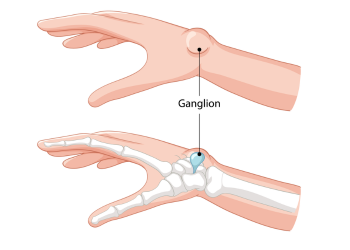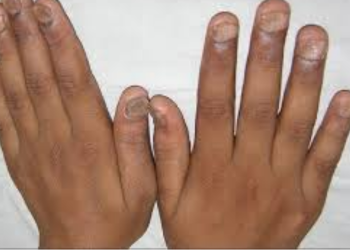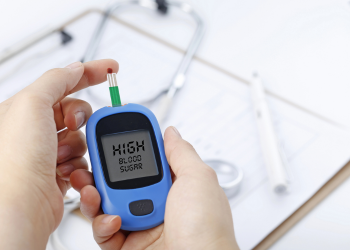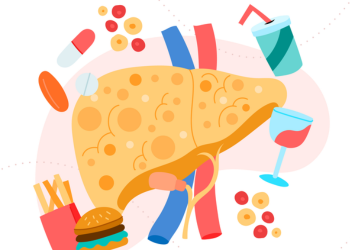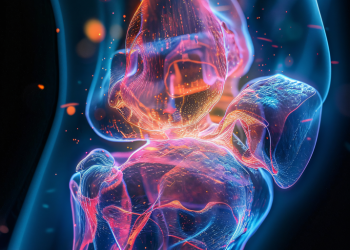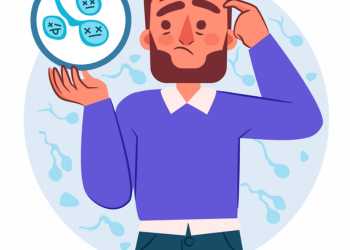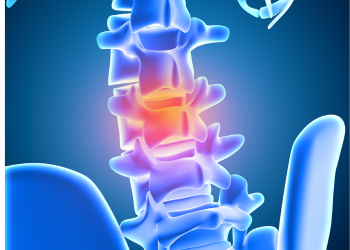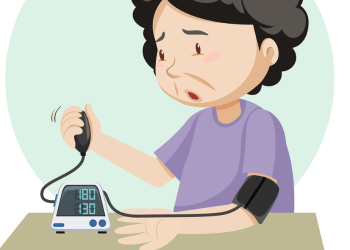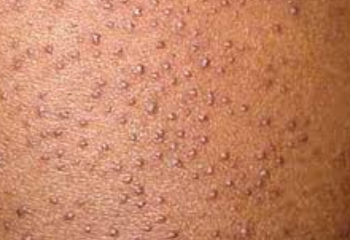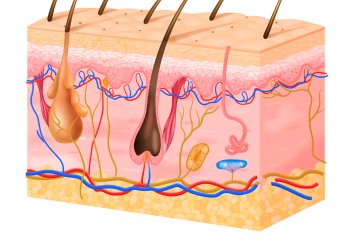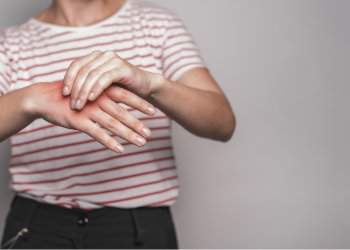
Hyperuricemia is the medical term for having
high uric acid levels in your body.
Uric acid
is a waste product that’s created when your body breaks down chemicals called
purines in food and drinks. Most uric acid dissolves in blood, passes through the
kidneys, and leaves your body in urine. Hyperuricemia happens if too much uric
acid stays in your body.
Hyperuricemia
causes uric acid to clump together in sharp crystals. These crystals can settle
in your joints and cause gout,
a painful form of arthritis. They can also build up in your kidneys and
form kidney stones.
You might
not notice you have hyperuricemia, especially if uric acid levels are only
slightly elevated. But over time, the buildup of uric acid in your blood can
lead to pain and other symptoms. It can also cause damage throughout your body.
Untreated
high uric acid levels can eventually lead to permanent damage in your:
Bones.
Joints.
SYMPTOMS
Hyperuricemia
itself doesn’t usually cause symptoms. Most people don’t know they have it
until their uric acid levels are high enough to cause gout or kidney stones.
Symptoms
of a gout attack:
Intense pain.
Discoloration or redness.
Stiffness.
Swelling.
Tenderness, even to a light touch (like your bedsheet
covering it).
Warmth, or a feeling like the joint is “on fire.”
Symptoms
of kidney stones:
Pain in the lower back or side.
Nausea or vomiting caused by the pain.
Fever or chills.
Blood in urine.
Pain while passing urine
Being unable to urinate.
Feeling the need to pee more often.
Urine that smells bad or looks cloudy.
CAUSES
Extra
uric acid in your blood causes hyperuricemia.
The body creates uric acid after breaking down purines. Purines occur naturally and
aren’t harmful in small amounts. But by regularly eating high-purine foods,
uric acid levels will rise over time. Food and drinks high in purines include:
Red meat.
Organ meats like liver.
Seafood (especially salmon, shrimp, lobster, and
sardines).
Food and drinks with high fructose corn syrup.
Alcohol (especially beer, including nonalcoholic
beer).
Some
medications can increase your uric acid levels as a side effect, including:
- Diuretics.
- Immunosuppressants.
RISK FACTORS
Obesity.
Regularly drink alcohol
Regularly eat high-purine foods.
Family history
Hypothyroidism
DIAGNOSIS
Blood test
If you
pass a kidney stone or have one surgically removed, the stone itself might be
tested.
Ultrasound.
CT (computed tomography) scan.
X-rays.
MANAGEMENT
If you
have high uric acid levels but aren’t experiencing any symptoms, you might not
need treatment for hyperuricemia.
The best
way to help lower your uric acid is to avoid high-purine foods and drinks as
often as you can.
Following
a low-purine diet can help lower uric acid levels
If a
kidney stone is too large to pass, blocks your urine, or causes an infection,
you might need it surgically removed
The best
way to prevent hyperuricemia is by following a diet and exercise plan that’s
healthy for you.
HOMEOPATHIC
MEDICINES
Lycopodium
clavatum
Benzoic
acid
Antimonium
crudum

